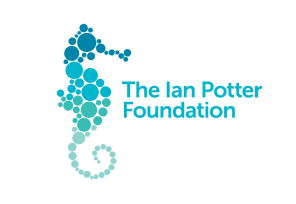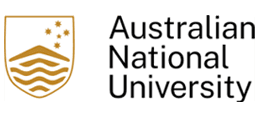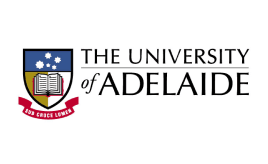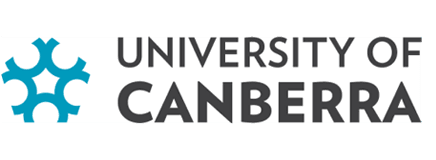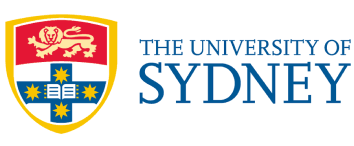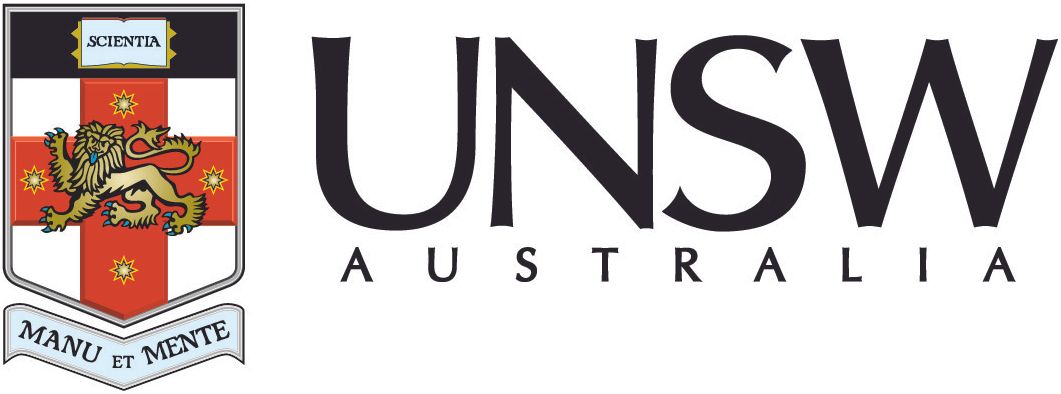Queensland Government must protect the wetlands and floodplains of the Lake Eyre Basin from oil and gas
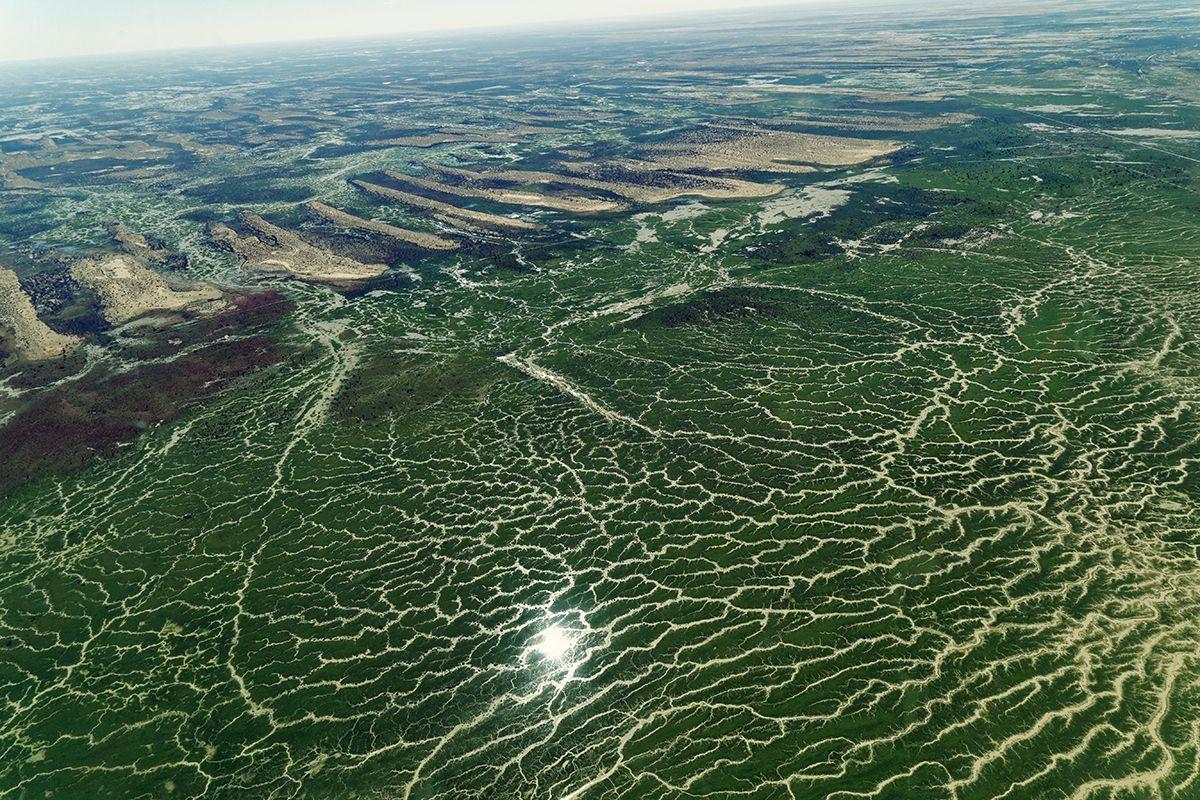
Aerial view of Kati Thandi (Lake Eyre). Image: Mister T42, CC BY-SA 4.0 via Wikimedia Commons
Media Release
25 August 2023
The Biodiversity Council is calling on the Queensland Government to live up to its responsibility to protect the incredible wildlife and ecosystems of the Lake Eyre Basin by stopping the construction of new oil and gas facilities in the basin’s wetlands and floodplains.
The independent expert group was founded by 11 universities and brings together Australia’s leading experts on nature, from science and Indigenous Knowledge to law and economics.
Exploration of the basin has begun and has the potential to rapidly expand causing serious environmental harm.
Up to 1500 new wells, some involving unconventional gas with fracking, are projected to be built in the Cooper Geological Basin area, underlaying the Cooper Creek floodplain.
Oil and gas exploration and production leases already cover nearly 5 million hectares of the Lake Eyre Basin.
“The Lake Eyre Basin has some of the world's most magnificent floodplains and lakes, right down to Kathi Thanda-Lake Eyre, driven by boom-and-bust cycles of the rivers,” said Biodiversity Council’s Councillor Professor Richard Kingsford from the University of New South Wales who has extensively studied the basin.
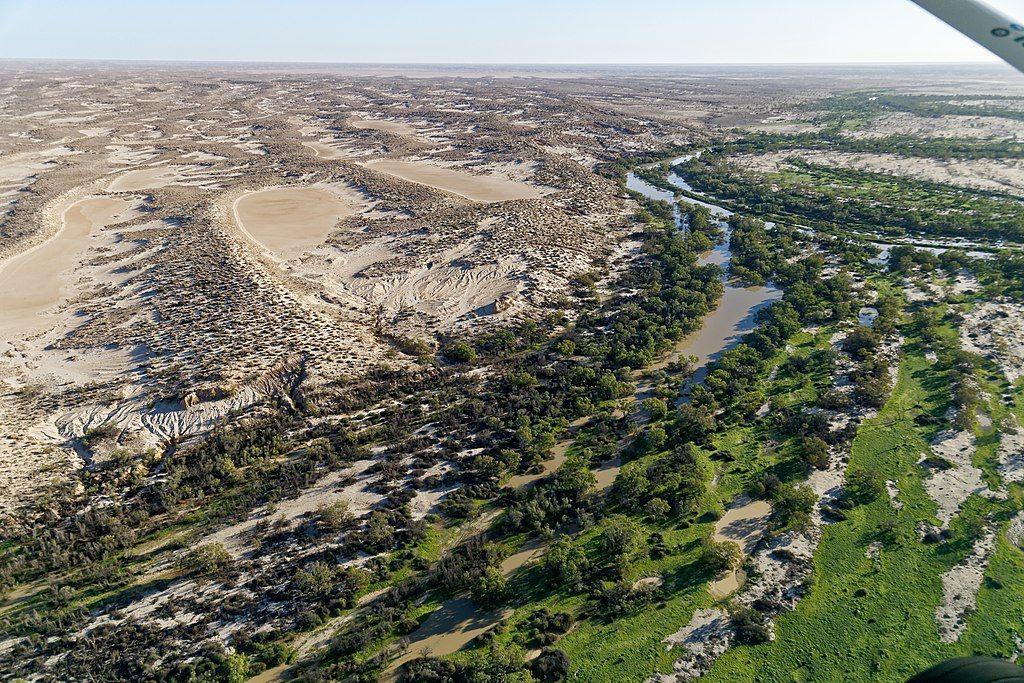
Goyder Lagoon, part of the Lake Eyre Basin. Image: MisterT42, CC BY-SA 4.0 via Wikimedia Commons
When they flood there is an incredible explosion of all types of life right up to large colonies of pelicans breeding on huge supply of native fish. It is no accident that the Lake Eyre Basin has some of Australia’s healthiest populations of waterbirds.
“Much of this iconic landscape, including the well-known channel country, depends on the rivers that start in Queensland and flow to the south-west to South Australia: the Cooper, Diamantina and Georgina.
“This is why Queensland water policy and floodplain management is so important. It is critical that the Queensland Government recognise their responsibility to protect these rivers and floodplains that are nationally and internationally significant.
“Our analyses has identified oil and gas production development as the biggest risk to these ecosystems. There are currently 831 wells on the floodplains of the rivers of the Lake Eyre Basin, and that number could triple.
“Irreversible pollution of these landscapes is a significant threat. These landscapes are really flat, so the supply roads, well pads and borrow pits associated with wells also have a major impact by changing the way water flows during floods.
“There has been grossly inadequate assessment of the environmental impacts.
“The policy response is simple, the Queensland Government needs to protect the rivers and floodplains of the Lake Eyre Basin,” said Professor Kingsford.
The Biodiversity Council’s Co-Chief Councillor Professor Hugh Possingham from The University of Queensland is the former Queensland Government Chief Scientists.
“The Lake Eyre Basin supports an incredible array of native wildlife and provides critical habitat for important populations of waterbirds and threatened species that occur nowhere else on earth.
“In this fragile landscape oil and gas production poses uncontainable and unacceptable pollution risks to these sensitive ecosystems.
“Fracking and gas production, which often involve damaging aquifers and utilizing large volumes of chemicals, present serious and irreversible risks to the water resources of the basin.
“In the context of our already major national declines in Australian wildlife, degradation of natural ecosystems and the worsening impacts of climate change, it's scientifically irresponsible and ecologically reckless to expand highly damaging oil and gas industries in floodplains of the Lake Eyre Basin,” Professor Possingham said.



